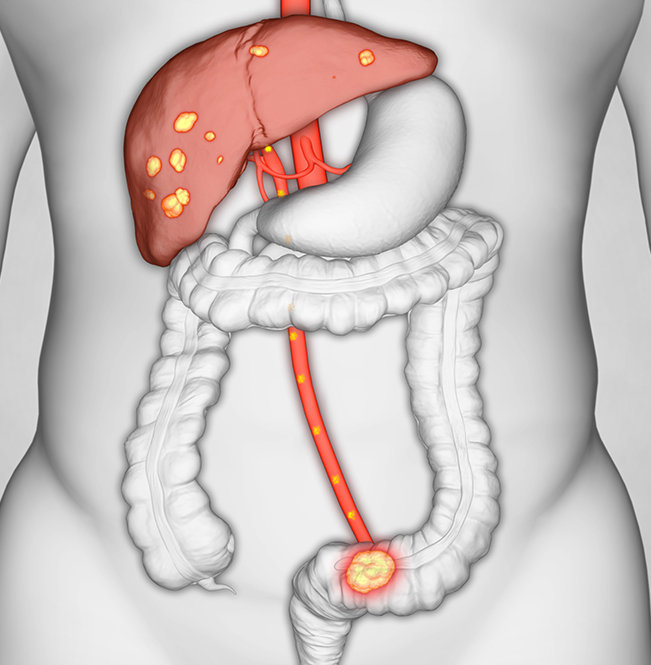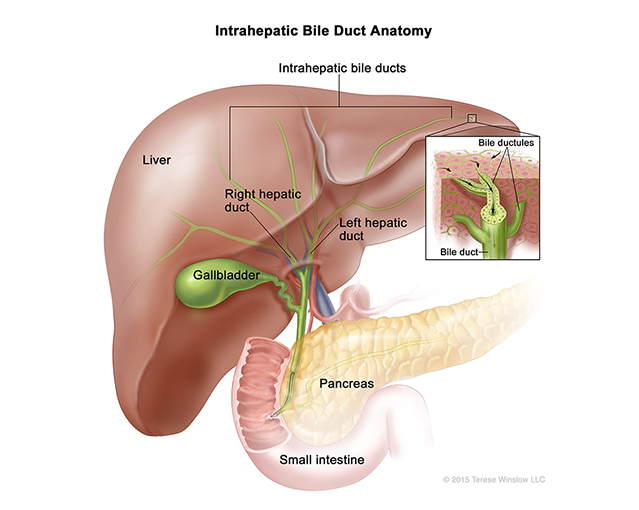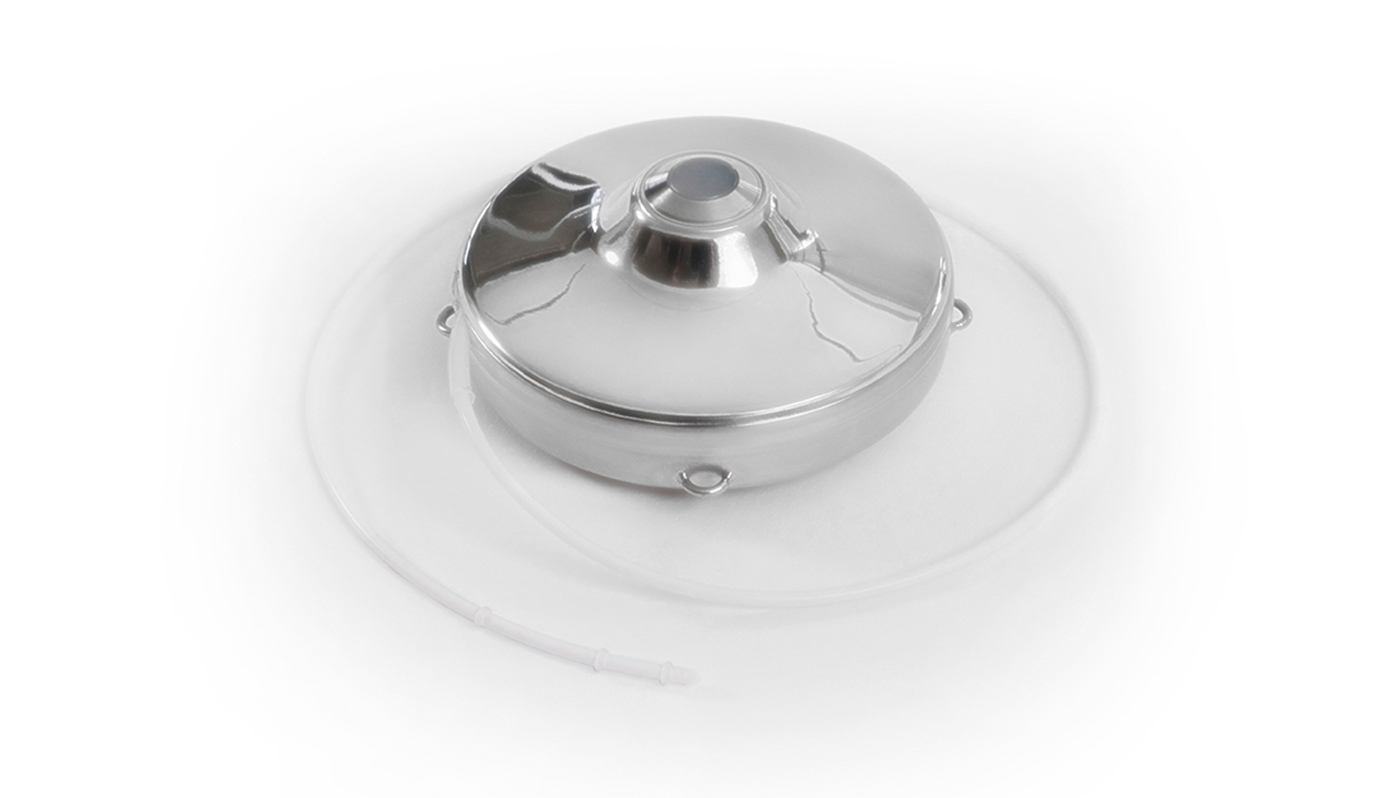HAI Therapy Applications for CRLM and IHCC
HAI Therapy Applications for CRLM and IHCC
Colorectal Cancer Liver Metasteses
Colorectal cancer is the third leading cause of cancer-related death, with over 150,000 people newly diagnosed every year in the US 1. As many as 50-60% of these patients ultimately develop liver metastases 2. Colorectal cancer is the leading cause of death in men younger than 50 years of age 3.
Surgical resection is the best opportunity to improve overall survival; however, only a fraction of patients are eligible:
- 20% at diagnosis 4
- 15% after systemic treatment *5
Even if resection is possible, recurrence is high:
- 75% recur within 2 years 6
- 50% of which recur in the liver 6
Adjuvant systemic chemotherapy does not improve overall survival 6.

Medical oncologists need more impactful solutions to increase patients’ chances for resection and change the course of disease progression.
Intrahepatic Cholangiocarcinoma
IHCC is a rare condition contributing to 3% of worldwide gastrointestinal malignancies, impacting about 5,000 people inthe United States each year.
While standard-of-care chemotherapy for IHCC continues to evolve, prognosis remains poor, with median survival ranging from 13-17 months. 3 year survival was 0% for patients treated with systemic chemotherapy alone as reported by the ABC trials 8.
Better treatment options are needed to improve survival rates for patients with intrahepatic cholangiocarcinoma.


HAI therapy can benefit patients with IHCC with the potential to increase overall survival.
HAI combined with systemic chemotherapy may contribute to substantially extending overall survival for patients with unresectable IHCC. Studies demonstrated that patients treated with HAI achieved 25 months median overall survival and 39.5% survived to 3 years 7, 8.
1 Siegel et al, Colorectal Cancer Statistics, 2020, CA CANCER J CLIN 2020;70:145–164; 2 Zarour LR, et al. Colorectal Cancer Liver Metastasis: Evolving Paradigms and Future Directions. Cell Mol Gastroenterol Hepatol. 2017 Jan 20;3(2):163-173; 3https://acsjournals.onlinelibrary.wiley.com/ doi/10.3322/ caac.21772; 4 Adam R, Vine TE. Regional treatment of metastasis: surgery of colorectal liver metastases. Ann Oncol. 2004;15(Suppl 4): iv103-6.; 5 Venook AP, Curley SA. Management of potentially resectable colorectal cancer liver metastases. Up To Date. April 23, 2018.; 6 Kemeny N, Huang Y, Cohen AM, et al. Hepatic arterial infusion of chemotherapy after resection of hepatic metastases from colorectal cancer. N Engl J Med. 1999 Dec 30;341(27):2039-48. doi:10.1056/NEJM199912303412702. PMID: 10615075.; 7Cercek A et al. JAMA Oncol Oct 31, 2019; 8 Holster J et al., Ann Surg Oncol (2022) 29:5528–5538
HAI Therapy
Clinical Evidence
Intera 3000 HAI Pump
24/7 Clinical Call : USA & Canada (800) 660-2660
WS-1010 Rev A
© Copyright 2023 Intera Oncology.
All Rights Reserved. Designed by WollnerStudios.
HAI Therapy
Clinical Evidence
Intera 3000 HAI Pump
24/7 Clinical Call : USA & Canada (800) 660-2660
WS-1010 Rev A
